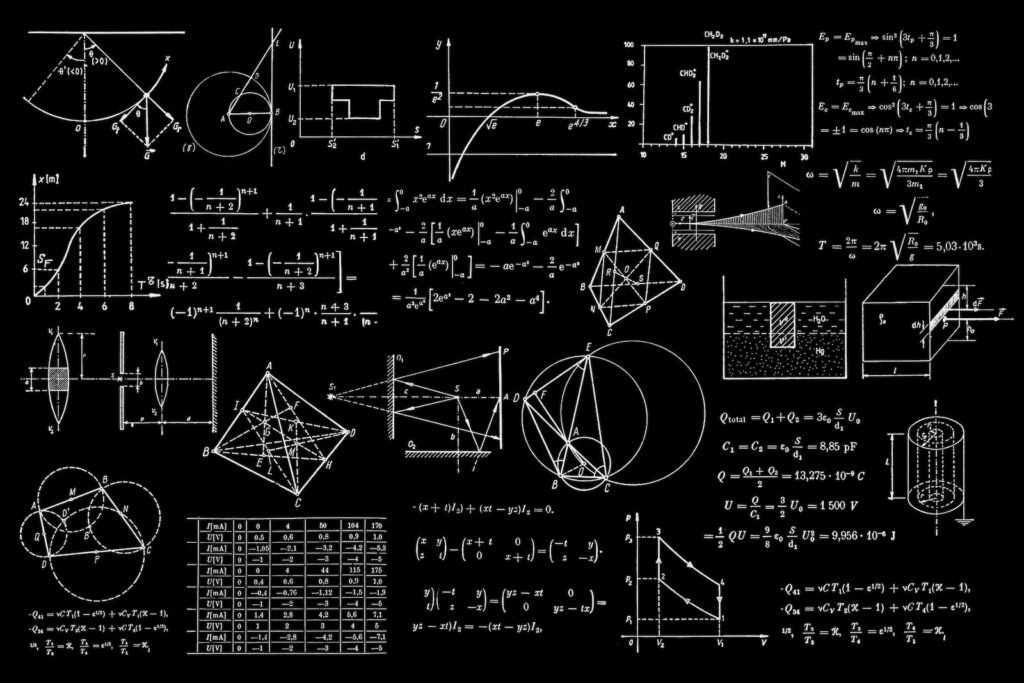Physics is a branch of science that deals with the study of matter, energy, and their interactions. It is concerned with the fundamental principles that govern the behavior of the physical universe, from the smallest subatomic particles to the largest structures in the cosmos.

The scope of physics is broad and includes various subfields such as classical mechanics, thermodynamics, electromagnetism, quantum mechanics, and relativity. The field of physics has played a critical role in advancing our understanding of the universe and has led to many technological innovations that have transformed society.
In essence, physics seeks to understand the laws that govern the physical world, from the behavior of subatomic particles to the dynamics of celestial bodies. It involves using mathematics, experimentation, and observation to explore and uncover the fundamental principles that underlie the universe.
Overall, the definition of physics is the study of the nature and properties of matter and energy, their interactions, and the laws that govern them. It is a field of science that has played a crucial role in shaping our understanding of the world around us and continues to drive advancements in science and technology.





